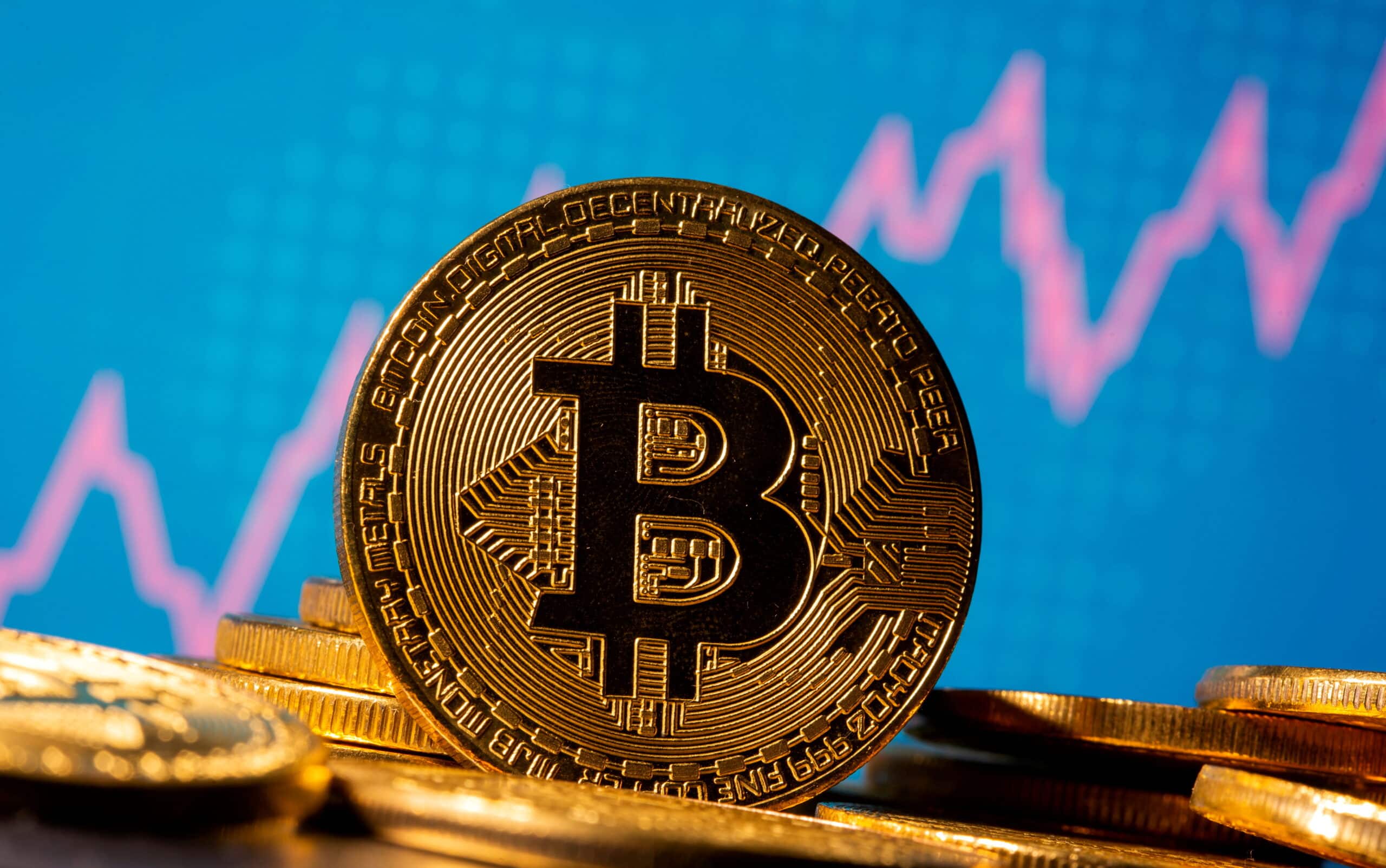
Cryptocurrencies: The unconventional response to sanctions
2023-06-20 by
Hugues Marty
In the ever-evolving global landscape, the dominance of the US dollar is slowly waning as new geopolitical alliances take shape. The accumulation of worrisome debts on the American side has weakened the stability of the dollar. Furthermore, the militarization of the currency, such as seizing foreign assets for foreign policy reasons or imposing restrictions on fund transfers between third-party countries that engage in unfavorable operations, has eroded its privileged position as the world’s reserve currency.
As sanctions crippled trade between Russia and most of its partners, innovative alternatives had to be sought. The emergence of BRICS, an association of emerging countries that includes Russia, sought to utilize local currencies like the yuan, rupee, and ruble for trade between member nations.
Since then, alternatives to the dollar in international exchanges have multiplied. For example, Saudi Arabia and Turkey have begun trading in rubles, thereby strengthening the Russian currency. India, along with China, has increased its purchases of Russian oil, paying in dirhams, rupees, and rubles—anything but dollars.
The general idea of using the dollar as leverage for economic sanctions seems to be reaching its limits. Moreover, it is driving an increasing number of countries to find ways to circumvent the dangerous militarization of the international currency.
The latest development in this regard deserves attention. According to reports from cryptocurrency publications, Rosbank, a Russian bank that was once a subsidiary of Société Générale but separated due to European sanctions, is exploring a mechanism with a cryptocurrency partner, B-crypto, that allows transactions between different currencies using cryptocurrencies as intermediaries.
In essence, a Russian merchant wishing to purchase foreign goods or services and pay in rubles can use this service to buy cryptocurrencies for the desired amount. These cryptocurrencies are then transferred to the seller, who can reverse the process and receive the proceeds of the sale in their own currency by selling the received cryptocurrencies.
Currently, the mechanism is not fully transparent to the parties involved in the exchange. However, it is highly likely that the technical obstacles will be overcome quickly, and any legal concerns will be resolved, at least by the Russian authorities, who view this maneuver as an additional way to bypass sanctions on their currency. Ironically, even foreign currencies can include the dollar among their ranks.
Of course, this pilot project currently focuses on small-scale transactions in terms of volume and value. The cryptocurrency markets have not yet reached the necessary depth to facilitate large amounts or a high number of international transactions. However, the technical principle is sound: cryptocurrencies, by their very nature, are independent of central banks and states, fundamentally serving as a truly neutral medium of exchange between individuals from different countries. We should celebrate this development, as facilitating easy trade among individuals is an effective method to avoid wars.
Nevertheless, it is easy to imagine that if these kinds of cryptocurrency applications in international trade (and in circumventing sanctions) were to expand, certain countries, starting with the United States, would take offense, as it poses a significant threat to the sovereign power of currency issuance.
In fact, maneuvers by the US government to regain control over cryptocurrencies can be observed behind the troubles faced by Binance US, one of the world’s leading cryptocurrency exchange platforms, which has been accused of various wrongdoings by the US Securities and Exchange Commission.
While the US authorities may have the upper hand in the case of Binance US, it is clear that this is merely buying them some time in a dangerous game. Each new lawsuit, legislation, sanction, or constraint adds friction to the use of the dollar and interactions with the American market. As other markets around the world grow, it may encourage traders and businesses to shift their focus and reduce their dependence on the American market. This is certainly not good news for Americans or for the dollar.
Furthermore, these actions only prompt cryptocurrency actors to limit their exposure to fiat currencies. Since the interface between fiat currencies and the world of cryptocurrencies gives states leverage to restrict individual freedoms, it is essential to limit its scope. From a technical, psychological, and operational standpoint, there is absolutely nothing preventing a world where transactions occur solely with cryptocurrencies, without the need to involve fiat currencies.
Undoubtedly, achieving such a scenario will be complex and time-consuming. However, relentlessly harassing citizens and businesses, as states are currently doing, does nothing to inspire confidence in fiat currencies. On the contrary, it fuels the desire to explore alternatives. The forced introduction of central bank digital currencies (CBDCs) will provide citizens with even more reason to bypass state-controlled monetary systems.
In conclusion, the process of de-dollarization continues, and cryptocurrencies are starting to find their place in the evolving international financial landscape. The battles that lie ahead as a result of these changes promise to be epic. Amidst the complexities and uncertainties, one thing is certain: the world of finance is embracing the unconventional. And who knows, maybe in the near future, we’ll be using Dogecoin to buy our morning coffee or settling international trade disputes with memes. The possibilities are endless, and the journey is bound to be exhilarating.